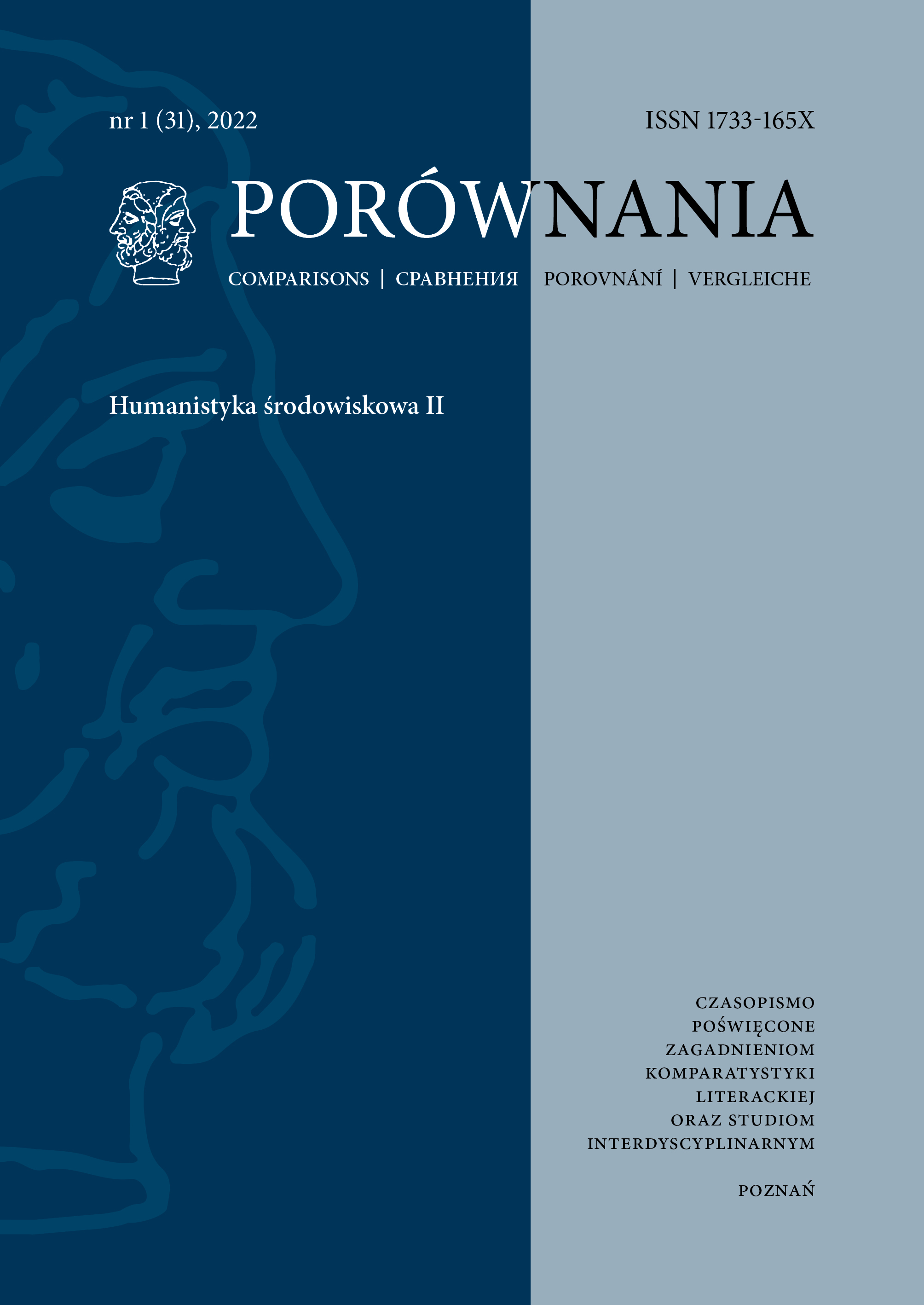Mimowolne rezerwaty. Literatura niefikcjonalna wobec krajobrazów stref nuklearnych
Involuntary Reservations: Non-Fictional Literature on the Ecosystem of Nuclear Zones
Author(s): Kamila GiebaSubject(s): Language and Literature Studies, Sociology of Literature
Published by: Uniwersytet Adama Mickiewicza
Keywords: reportage; non-fiction literature; Chernobyl; disaster; nature
Summary/Abstract: Bruce Sterling called involuntary reserves such places that were “recovered” by nature as a result of a catastrophe, contamination or war. This type of reserve is the Chernobyl Exclusion Zone, almost completely uninhabited by people for over 30 years. On its Belarusian side, the Polessian State Radiation-Ecological Reserve was established. The abandoned villages have been consumed by nature, and endan-gered animal species find their refuge in the zone. At the same time, the zone is still irradiated, its landscape is filled with radioactivity stamps, vehicle cemeteries and mounds-burials where contaminated houses, objects, trees were buried. The article will present the representation of the Chernobyl ecosystem present in non-fictional literature ( including texts by Svetlana Aleksijewicz, Mary Mycio, Kate Brown, Igor Kostin and others ) and the problematization of the status of this environment, which Adam Higginbotham calls “contaminated Eden.”
Journal: Porównania
- Issue Year: 2022
- Issue No: 31
- Page Range: 79-93
- Page Count: 15
- Language: Polish

